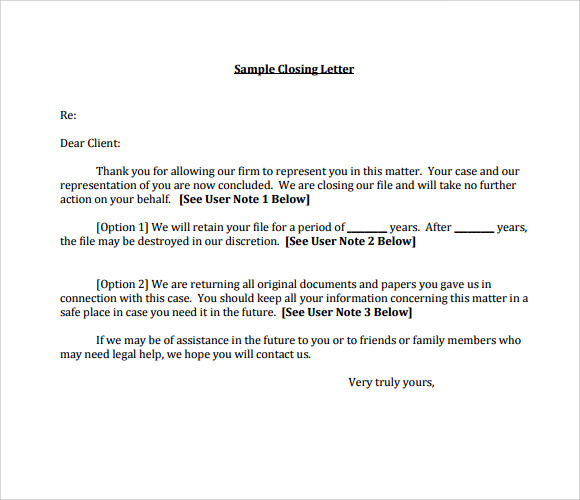

Heb je een fijn weekend gehad? (How was your weekend?).(Your presentation on during was very interesting.) Uw presentatie over tijdens was zeer interessant.

(Thank you for (your email / your quick reply / the pleasant conversation). Hartelijk dank voor (uw e-mail / uw snelle antwoord / het leuke gesprek).I am very interested and have a number of questions about it.) (A colleague pointed out to me the possibility of learning Dutch at Regina Coeli. Ik ben daarin zeer geïnteresseerd en heb daar een aantal vragen over. Een collega wees me op de mogelijkheid om Nederlands te leren bij Regina Coeli.As promised, I am getting back to you by email.) (Last week you called me with a proposal. Zoals beloofd kom ik daar per e-mail op terug. Vorige week belde je me met een voorstel.(I would like to respond to the vacancy for Client Services Employee.) Graag wil ik reageren op de vacature voor medewerker Client Services.(Enclosed you will find the report of our meeting yesterday.) Bijgaand ontvangt u het verslag van onze meeting van gisteren.Otherwise, use ‘je’ and ‘jij’.Ī short introduction follows the salutation: either state why you’re sending the email or write something friendly to add a personal touch.Įxamples of introductions with a reason for writing: If you start the email with Geachte, then stay consistent and address the recipient with ‘u’ throughout the email. Only if you know someone very well and want to be enthusiastic about them can you replace the comma with an exclamation mark. This is followed by a space between the salutation and next line. If you already know someone, you can start the email this way:Īs you can see, the salutation always ends with a comma. Geachte mevrouw (achternaam), => Dear Ms (Surname),.Geachte heer (achternaam), => Dear Mr (Surname),.In principle, someone you don’t know will always address you this way: It’s not only then immediately clear what the reader can expect, it’s also practical because it’s easy to search for it at a later point.Ĭhoose a formal or informal salutation. Make sure the subject line states exactly what your message is about. Do you really need a quick reply to the email? Then make a phone call instead. What do you hope to achieve by including others?ĭ. Think carefully before adding anyone to the CC list. Only send the message to the person for whom it is really intended. Do not use all capital letters to highlight words or phrases in the subject line or body of your email.Ĭ. Send a separate email for each subject so the recipient has a better overview of things and can work away the emails one by one.ī. Use short, proper sentences so your text is readable for all.Ī. Keep the email as short and as concrete as possible.Write a friendly introduction and never start your message with ‘ik’ (I).Remain consistent: be either formal or informal.Online training options at Regina Coeli.



 0 kommentar(er)
0 kommentar(er)
